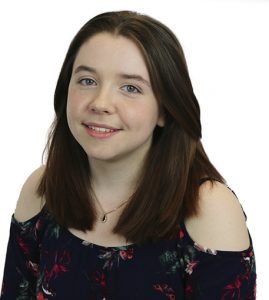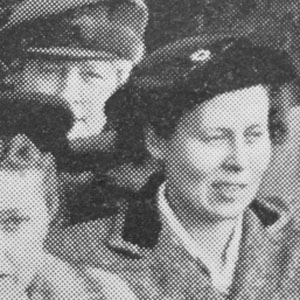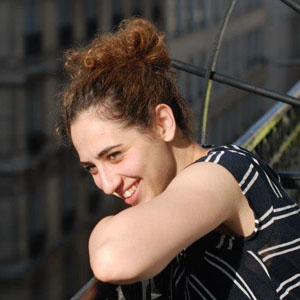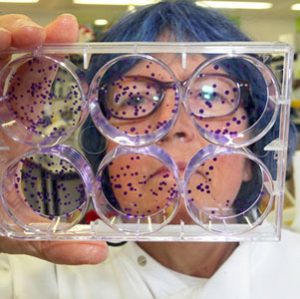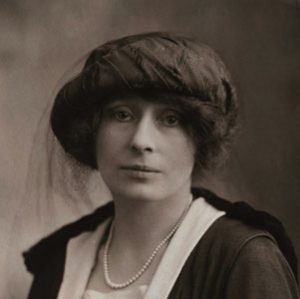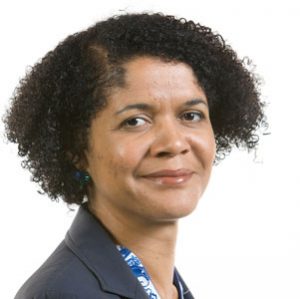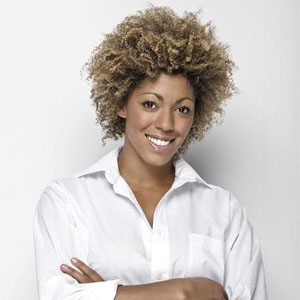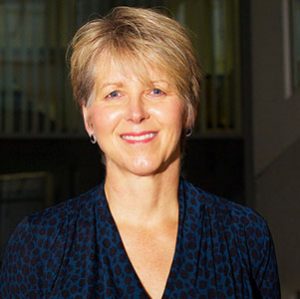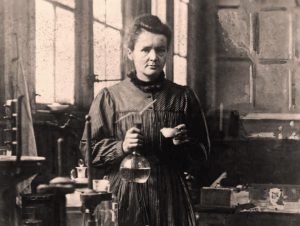
Today we are celebrating the 150th anniversary of the birth of Marie Sklodowska-Curie. She was a remarkable scientist whose ground-breaking research into radioactivity led to the development of cancer treatment with radioactive isotopes, and mobile X-ray units for field hospitals during World War 1.
Dr Curie was the first woman to win a Nobel prize, and the first person ever to win it twice and in two different sciences (Chemistry and Physics).
The Marie Sklodowska-Curie Fellowship
The European Commission set up the Marie Sklodowska-Curie Research Fellowship Programme which provides two years of funding for researchers across the world and promotes interdisciplinary research and collaboration.
We talked to Dr Ruth Rodriguez-Barrueco, one of the recipients of a Fellowship, about her research in Newcastle University’s Institute of Genetic Medicine:
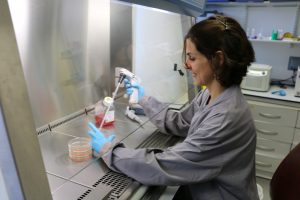
What does your research involve?
Ruth’s research is looking at finding a new therapeutic approach to certain aggressive types of breast cancer. She is targeting a small population of cells found within tumours that have stem cell characteristics and is hoping to describe the vulnerabilities of these cells so that new drugs can be designed that target them specifically.
Ruth is using new technologies called CRISPR libraries which allow the elimination of different pieces of DNA to identify which genes are essential for the cancer cells to survive.
All of her findings will then be published in international journals and the CRISPR library will be deposited in a public repository which is available for other cancer researchers to access.
What brought you to Newcastle University?
Ruth is originally from Barcelona and has spent time working in Spain as well as at Columbia University in New York. She explained that she enjoyed the collaborative aspect of working at Newcastle University. The proximity of the Royal Victoria Infirmary and the Northern Institute for Cancer Research also means that she is able to work on real patient tissue samples to validate her findings. She went on to praise the supportive environment within the University and her colleagues.
What do you hope your research will lead to?
Ruth hopes that the long term result of her research will be the development of new drugs that will target these currently incurable breast cancers. She would also like to see the clinical trials happening at Newcastle as there is a good structure and resources available that would allow this to happen in a short time frame.
What has the Marie Sklodowska-Curie Fellowship allowed you to do?
Ruth explained that the Fellowship has allowed her to establish the methods and collaborations which will lead to a bigger research project. She started her research in March of this year and has already started to see the benefits of the Fellowship.
“One never notices what has been done; one can only see what remains to be done”
Marie Sklodowska-Curie
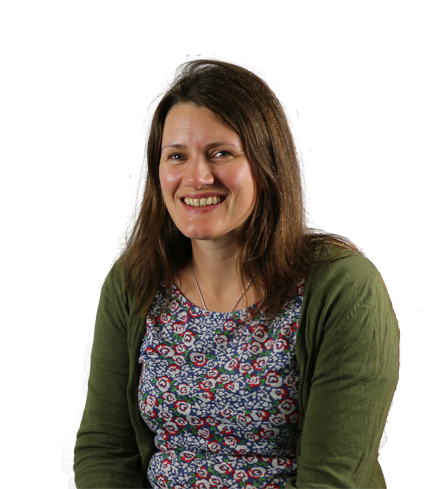 I did a national engineering scheme at school, there were five of us paired with British Aerospace, a local company, in lower sixth form. We made a plastic aeroplane and all the electrical and mechanical components, it was a great experience.
I did a national engineering scheme at school, there were five of us paired with British Aerospace, a local company, in lower sixth form. We made a plastic aeroplane and all the electrical and mechanical components, it was a great experience.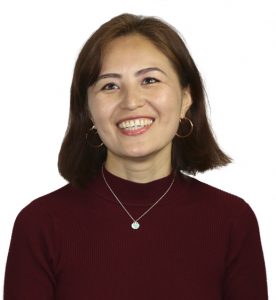
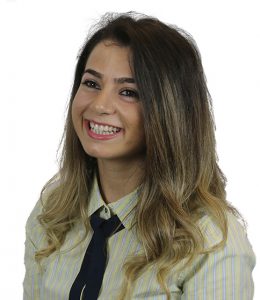
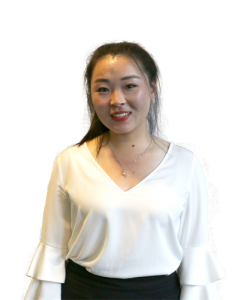 I’ve been interested in engineering since high school, I always liked physics lessons. I was so into how Steve Jobs created the iPod, iPhone and iPad during the last decade, this was the trigger for me to step into the engineering industry.
I’ve been interested in engineering since high school, I always liked physics lessons. I was so into how Steve Jobs created the iPod, iPhone and iPad during the last decade, this was the trigger for me to step into the engineering industry.